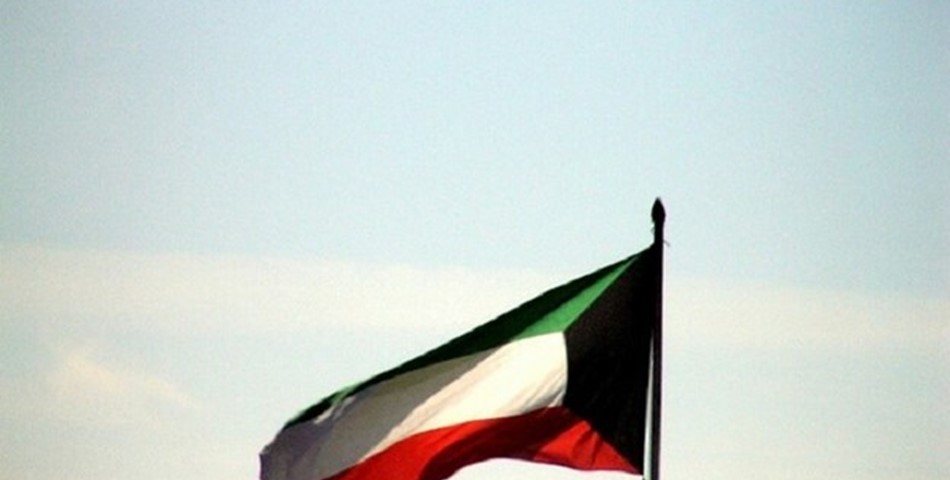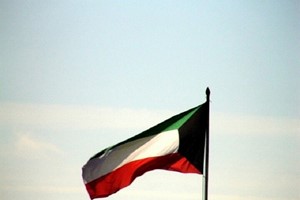According to a recent report by the Kuwait Times, Kuwait’s Health Minister Dr Ahmad Al-Awadhi has issued a new decision regarding blood transfusions, which involves charging expatriates a fee.
This move is part of the Ministry of Health’s efforts to safeguard the country’s strategic blood reserves.
How much is the fee?
As per the new decision, expat residents in Kuwait will be charged KWD20 (approximately AED240) for each bag of blood they receive, while foreigners on visit visas will be charged KWD40 (approximately AED480) per bag.
Additionally, public health facilities will collect fees from expatriates for up to 37 blood-related lab tests. The fee amounts range from KWD0.5 to KWD15 (approximately AED6 to AED180) for expat residents and from KWD5 to KWD70 (approximately AED60 to AED840) for visitors.
Who is exempted?
However, it’s worth noting that the fees will not be applicable to expat patients in emergency or urgent cases, cancer patients, children, and other humanitarian cases. Patients who manage to find blood donors will also be exempt from the fees.
On a different note, Kuwait’s Consul General in New York, Azzam Al-Asfour, and the head of the Kuwait health office in Washington, Dr Faisal Al-Safi, expressed their commitment to collaborating with top hospitals in the US and sharing medical research experience during the inauguration of a dedicated ward for Kuwaiti patients at Montefiore Hospital in New York. This initiative was taken as a gesture of appreciation for the strong relations between Kuwait and the hospital.
Burden on the construction industry
The construction industry involves physically demanding work and potential occupational hazards. The introduction of fees for these procedures might lead to delays or challenges in accessing timely and necessary healthcare services.
It is worth noting that the majority of labourers in the construction industry in Kuwait often earn lower wages. These workers, including many expatriates, may already face challenging financial circumstances due to their comparatively low income levels.
It’s important for employers and organisations within the industry to consider these factors and potentially reassess their employee benefits and healthcare coverage to accommodate any changes resulting from the implementation of blood transfusion fees. Additionally, communication and support mechanisms should be established to address the concerns and challenges faced by expatriate workers in accessing affordable healthcare services.
The fee stirs up debate among expats
The decision to collect fees from expatriates for blood transfusions has sparked concerns among the expat community, with some expressing the view that it will pose a financial burden on those who are already facing economic difficulties. However, others understand the decision’s aim to preserve the country’s strategic blood reserves.
Criticism of the decision has also arisen from the Kuwaiti Progressive Movement, a leftist group, which strongly condemned the measure as discriminatory. The movement stated that the decision creates distinctions among patients based on religion, creed, social class, and gender, and claimed that class-based discrimination has been rapidly increasing in state institutions, reaching an unprecedented level in the country.
By Julianne Tolentino










